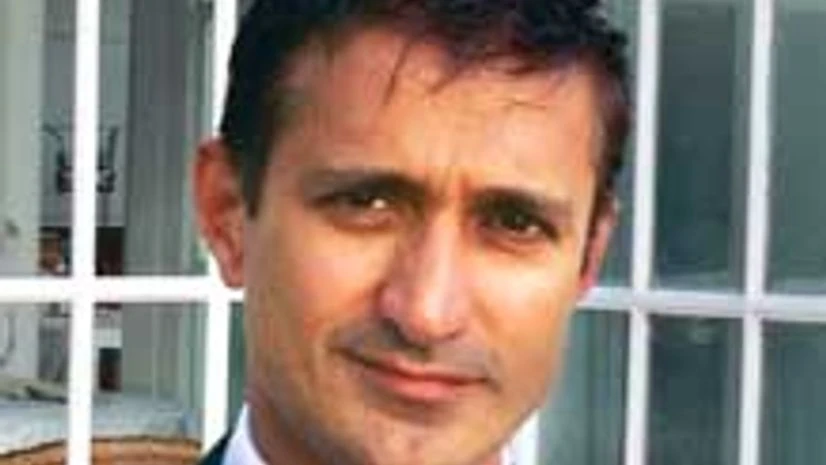Chetan Dube, president and chief executive officer of IPsoft describes the coming decade as what may seem like a science fiction to a commoner. In a conversation with Business Standard’s Itika Sharma Punit, the Indian origin chief of the US-based company talks about how just providing a cheaper proposition may not work for India in the future, his view that technology will “free mankind of the daily shackles of mundane chores” and how over the next decade one would not be able to distinguish between a human or a robot. Excerpts:
What should be the focus of Indian IT companies in the coming years since you have argued that just providing cheaper labour won't work in the coming decade?
More and more customers are starting to ask for value and what is the outcome you are delivering. So how can the traditional ideas now be sufficient keeping in mind that the cost of per server management has gone down from $980 per server to $60 now. So, the customers are now looking for more value creation and for better business outcome. The answer to this is not to say that we will throw in some cheaper valuable equations. In fact, it is in saying that we will apply autonomics and we will apply automation. That is the outcome that the customers have started asking for. It no longer suffices for them just to get cheaper body.
Also Read
How can Indian IT players remain relevant in this changing dynamics?
I think, the Indian brains need to be re-tuned and re-trained into emerging technology. They need to understand that you cannot solve tomorrow's problems by yesterday's technology. Indians need to get much more into autonomic engineering and cognitive engineering. Companies need to re-tune themselves from just service operations to service improvement.
What is the difference between 'manual automation' and services offered by you?
Most old practical automation is created manually. The creation of automation itself has to be autonomic, where it allows all your engineers and your data centers to be working, while there are learning agents that are studying this. These learning agents would then say “I am seeing how you are fixing this problem and the next time this problem happens, I've got it”. That is an automatic way for these agents to start representing the cumulative environment of all the different engineers you would have in your service centers.
There is a concern, that usage of automation may increase unemployment. What is your view on this?
It won't happen if we shape engineers' mindset to start preparing for tomorrow as opposed to trying to live in the legacy of yesterday. People are worried about their jobs without realising that technology creates job. They must know that there is a new world order that's coming and they must start preparing themselves for it.
What happened to the horse carriage driver or the farmers?
The horse carriage driver is now driving a car or flying a plane and tomorrow he will fly the space shuttle. You'll see we'll have to do that because without that we will all be just farming.
How do you envisage the world ten years from now?
Look at the extent of innovation in technology. Suppose you had fell asleep five years ago and woke up now, you won't know how to operate (things). There has been a complete change in the way we order food, the way we order books, the way we read them and the way we listen to our music. I am convinced that in the next decade, a gentleman will pass you by in a corridor and you would not know if it's a human or not. Cognitive technology will change this planet and free mankind of the shackles of daily boredom of doing mundane chores and allow mankind to fly and explore into areas in which man's brains excel -- creative expression.

)
